Insurance
Travelers’s Best Credit Cards When It Comes To Travel Insurance

Travelers often choose credit cards for the points and miles they might earn to travel for free. Credit cards can provide emergency insurance and let travelers fly cheaply with flexible and branded points.
Travel credit cards provide more than points and miles per dollar. Travelers using those cards receive essential travel insurance. These incentives provide more assistance in the event of an accident, major illness, or unforeseen occurrence than incidental luggage coverage.
Check your wallet before booking your next trip. Travel insurance is best with these six credit cards.
1. Best Overall: Chase Sapphire Reserve
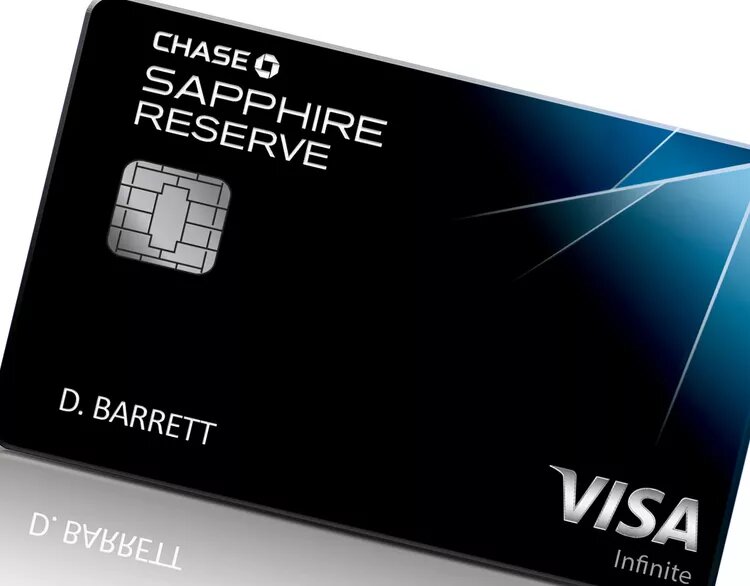
The 2017 Chase Sapphire Reserve is a favorite among frequent international travelers. Especially if they need to submit a travel insurance claim, cardholders can afford the $450 yearly price.
Travelers who pay with the Chase Sapphire Reserve have many travel insurance benefits. Cancelled trips can be paid up to $10,000 in non-refundable charges. The card includes $500 in trip delay benefits, a six-hour baggage delay benefit, and an auto rental collision damage waiver.
This card is best because it helps the cardholder or immediate family members even if the primary cardholder is not traveling. These bonuses only apply if the trip is paid for with the card or Ultimate Rewards points.
2. Best for Trip Cancellation: Chase Sapphire Preferred
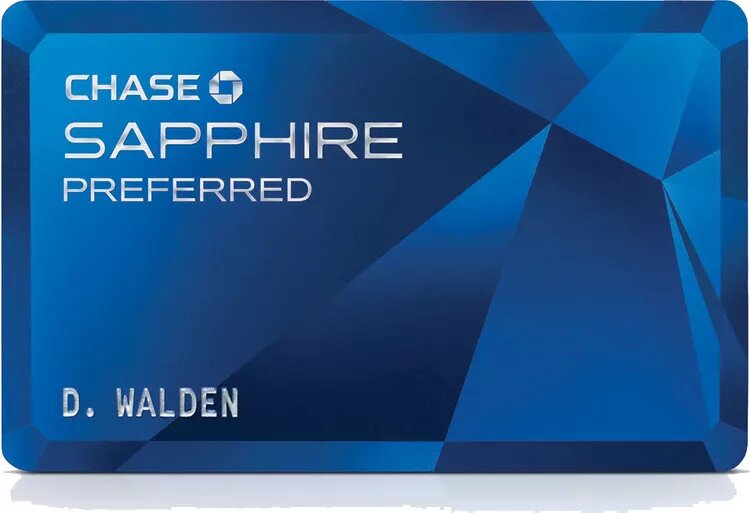
It doesn’t cost much to get credit card travel insurance. One of the most popular credit cards in the US, the Chase Sapphire Preferred, charges $95 annually and offers many rewards.
The Chase Sapphire Preferred includes a $10,000 trip cancellation or interruption coverage like the Reserve. This perk covers credit card- or Ultimate Rewards-purchased pre-paid tours, cruises, and vacations. Traveler mortality, disease, or life acts (including jury duty) or catastrophic events like severe weather, terrorist activity, hijacking, or travel provider insolvency are covered.
Travelers who use the Chase Sapphire Preferred also receive baggage delay coverage and emergency assistance.
3. Best for Baggage Delay: Citi Prestige Card
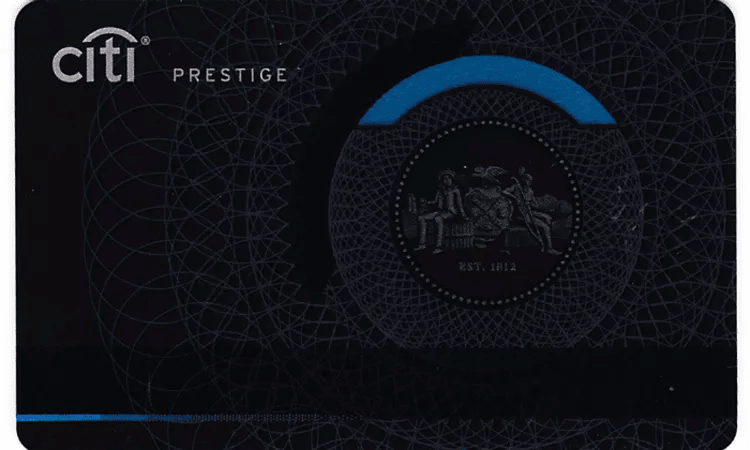
Most credit card travel insurance policies and third-party travel insurance policies require the traveler to lose their items for a set amount of time. Most industry standards require missing luggage to be six to 12 hours before rewards apply.
The Citi Prestige Card is ideal for frequent travelers who check their bags. If luggage is delayed by three hours, the Citi Prestige Card offers up to $500 per person, per journey. Travelers must use their Citi Prestige Card or ThankYou Points to activate this offer.
When luggage is misplaced, know the benefit limits before spending. The benefit won’t cover non-luggage items or journeys back to the traveler’s primary abode.
4. Best for Baggage Loss: Chase Ink Business Preferred
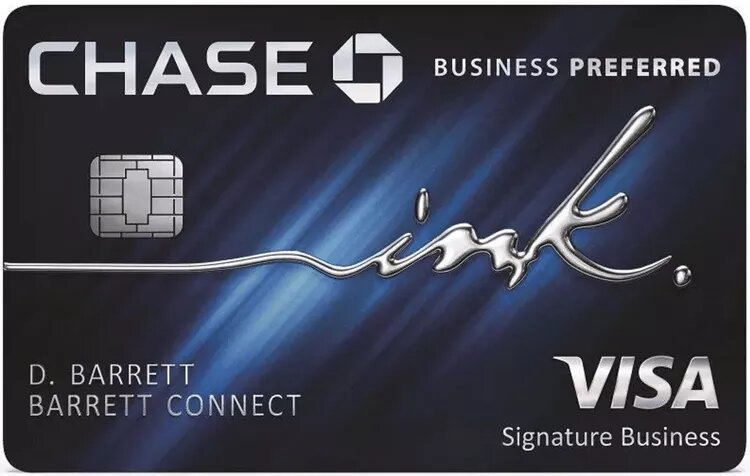
Business credit cards are often reserved for established enterprises, although good-credit entrepreneurs can apply for one. Thus, simple business cards assist many.
Chase Ink Business Preferred is the best travel insurance business credit card. This card offers essential baggage loss protection. Chase Ink Business Preferred reimburses travelers up to $3,000 if a common carrier loses their bags.
Chase Ink Business Preferred also offers cell phone coverage. The Chase Ink Business Preferred card may cover a new phone for travelers who lose, damage, or steal their phones.
5. Best for Travel Accidents: Chase JP Morgan Reserve
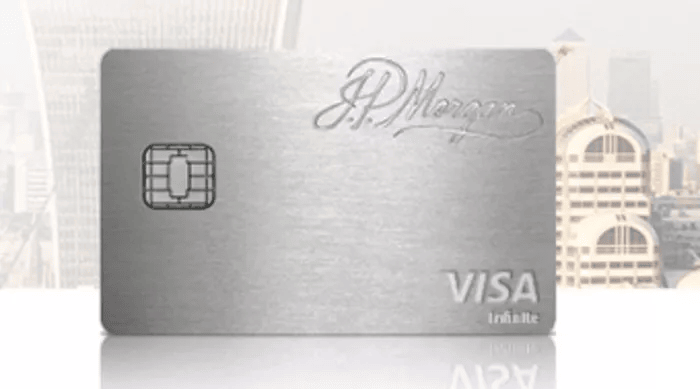
High-end credit cards can protect luxury tourists with Chase Private Banking services. One of America’s leading banks’ preferred customers can get the Chase JP Morgan Reserve credit card.
JP Morgan Reserve cardholders can get emergency benefits if they get into an accident. Travelers injured over 100 miles from home can earn up to $2,500 in emergency medical and dental charges, and those who need emergency evacuation or transportation can receive up to $100,000. Travelers can also receive up to $1 million in emergency coverage if they die or are dismembered.
Applying for and being approved for this card is difficult, but favored clients get great rewards. Travelers must apply through a Chase Private Client banker.
6. Best for Medical Evacuation: The American Express Platinum Card
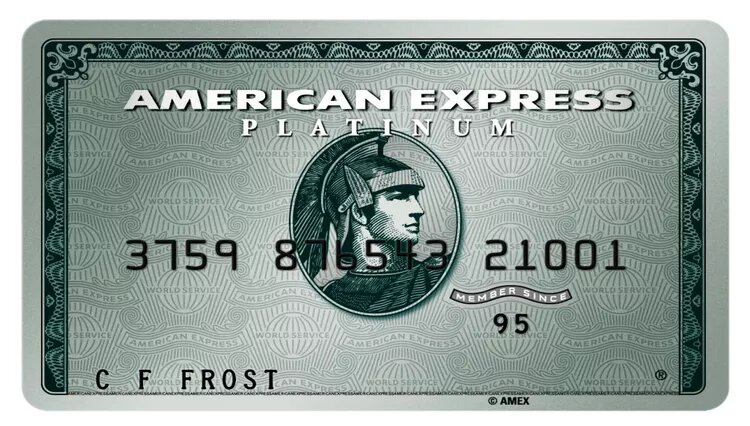
International travelers fear medical evacuation. Air ambulance rides to certified medical facilities can cost tens of thousands of dollars before treatment.
The American Express Platinum Card offers evacuation perks for frequent travelers. The Premium Global Assistance Hotline, available to Platinum cardholders, can organise medical evacuation from the place of illness or injury. When properly managed through American Express, this advantage may cost the traveler nothing.
This benefit is the most valuable, yet it has certain drawbacks. First, the card costs $550 per year, which is cheaper than medical evacuation but more than many other cards. Second, only accidents qualify for benefits. Self-inflicted or war-related injuries may not qualify.
7. Limitations of Credit Card Travel Insurance Policies
Before using benefits, travel insurance plans have limitations. Some benefits may be secondary. Thus, travel insurance companies may force travelers to seek recompense from primary insurance providers or common carriers. Travelers sometimes overlook benefit terms and limitations. For instance, a trip cancellation plan is not the same as a “Cancel for Any Reason” plan, thus travelers who cancel for a non-covered cause may have to pay for their trip.
Before using a travel insurance benefit, read the terms and conditions. Include a card benefit guide in a travel emergency kit and call the credit card provider before using a benefit to understand the claim process.
Many overseas travelers may already have travel insurance without knowing it. International travelers can stay safe and secure by understanding credit card perks.






















